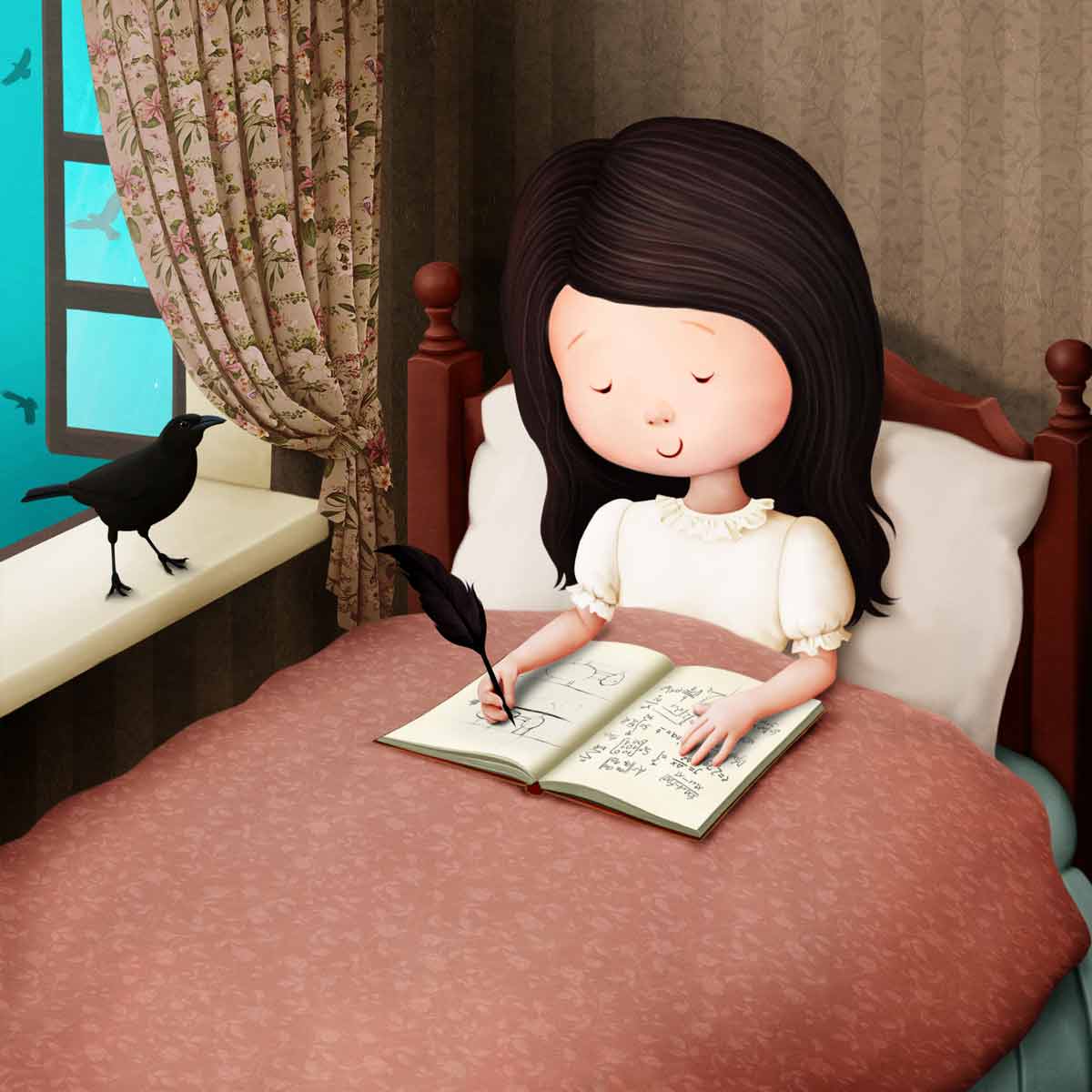How to Publish a Book as a First Time Author
7 useful tips on how to publish a book, for first time authors

It's just about every writer's dream to be able to publish and put their work out for the rest of the world to enjoy. Of course, with the Internet and numerous writing archives upon which hobby writers can put out their work, being able to see one's book paperbound and on the shelves is an experience like no other.
Perhaps you have a finished work waiting in the wings, or you're simply looking to start writing The One — whatever it is, let this brand new year be the sign you needed to embark upon this brand new path of publishing!
Tips for publishing your first book

Photo by Florencia Viadana on Unsplash
1. Decide how you want to publish
Luckily for us writers, we need not be constrained to just one way of publishing. There are several different avenues that we can choose from, and it'll be wise to get familiar with all of them before you make a decision.
Firstly, consider whether you want to opt for traditional publishing or self-publishing. With traditional publishing, you'll be working with a literary agent and giving a publisher the rights to print and disseminate your book.
On the other hand, self-publishing means that you'll be putting your work out there on your own, whether as an ebook, audiobook, or print on demand.
2. Edit and proofread carefully
Before you get your book published, it's imperative that you edit and proofread thoroughly. Every page, every line, every word. Publishing your book means that you'll be putting your work out there for everyone's scrutiny and judgement — which means that you'll need to put your best foot forward!
Of course, editing your book involves more than just fixing awkward syntax and spelling errors. It also means looking over your story for plot holes, fixing pacing and more.
It may even be helpful for you to get a second opinion on your work via a proofreader. A second set of eyes can sift out more irregularities and give you a fresh perspective on your work before you ship it off for publishing.
3. Prepare a proposal
If you're opting into traditional publishing, you'll need to prepare and submit a book proposal. Publishers and agents don't have the time to read through your manuscript, so your proposal is the best way for them to get the gist of your story and whether or not it matches their scope of work.
Your book proposal should compose of:
- A query letter
- A 1-2 page synopsis
- 1-5 sample chapters
4. Check formatting
With your fully-edited manuscript, you'll now have to make sure that your work follows the standardized formatting for books. Alignments, fonts, indentations... there are several guidelines you'll have to learn and follow when it comes to formatting your book for publishing.
But if manually formatting your book is a bit of a hassle for you, why not make things easier by using a writing app that formats your book for you?

JotterPad is a writing app that supports Markdown, a lightweight markup language that allows you to write in plain text, which the app will later convert to formatted text. Margins, font and alighment; JotterPad has got you covered on all bases when it comes to formatting !
5. Research potential agents
Having an agent can increase your chances of finding a publisher (though it will not guarantee it). An agent will not only have the right connections needed to get your work out there, and they have the knowledge of the industry as well as how to sell your book.
That is why having a literary agent, especially for your first book, can be incredibly helpful. That said, you will need to put in the work needed to find an agent that represents the type of manuscript that you're submitting.
6. Find a suitable title
Chances are, you may already have a title in mind before, during or after writing your book. However, take this chance to do some market research and nail one down.
While your title doesn't have to be the most original in the entire industry, you should make sure that it isn't too similar (or, even worse, identical) to other books in the same genre. Your title should also be intriguing while also capturing the essence and the heart of your story.
Titling your story is easier said than done, truly, but a good title can really be a game changer when it comes to capturing the attention of potential readers.
7. Be prepared for rejection
Last but not least, you should also steel yourself and be prepared for rejection. Alas, with how saturated and competitive the industry is, it's almost inevitable that you will face rejection, both harsh and kind, in your journey to get published.
You wouldn't be the only one to face this struggle. Here are some famous authors whose works have been rejected multiple times.
- Carrie by Stephen King: 37 rejections
- The Thomas Berryman Number by James Patterson: 31 rejections
- A Time to Kill by John Grisham: 28 rejections
The journey will not be easy. You may lose motivation and confidence, rejection after rejection. But the most important thing is to nurse your wounds, learn from your experiences and stand tall once more!
Getting your book published is hard work, be it with traditional or self-publishing. But with some perseverance and focus on your passion, you too can be the writer of your dreams!

